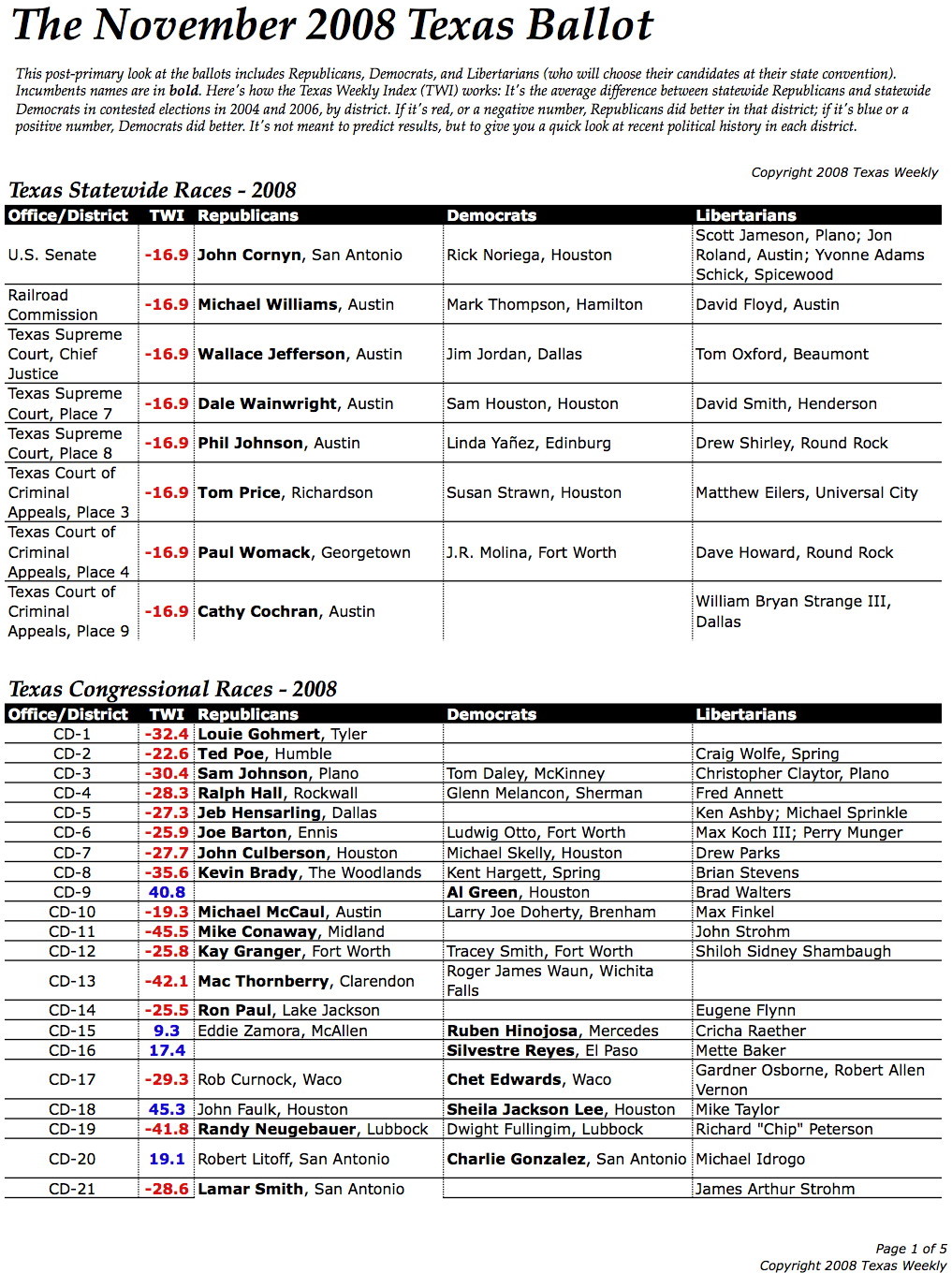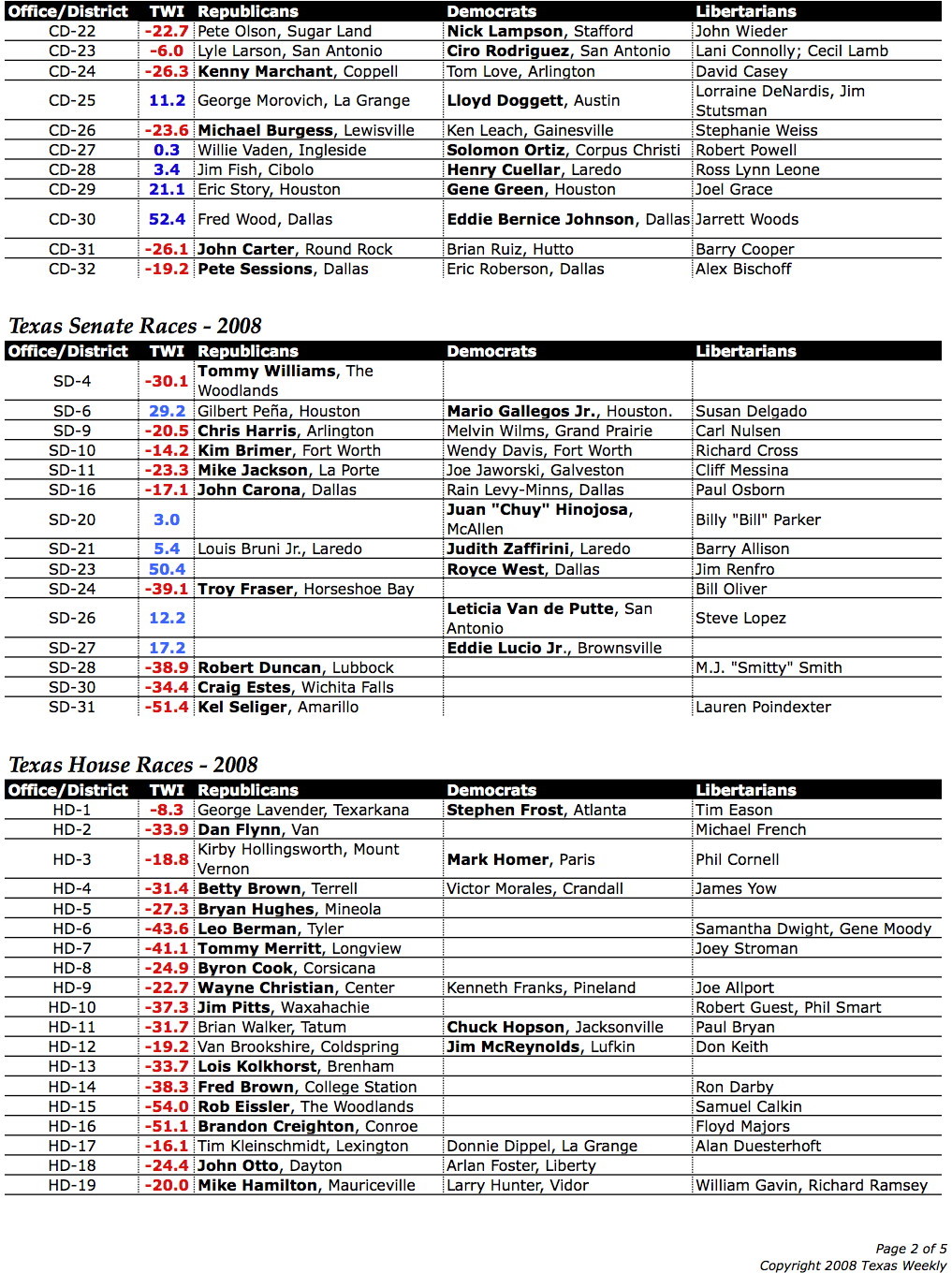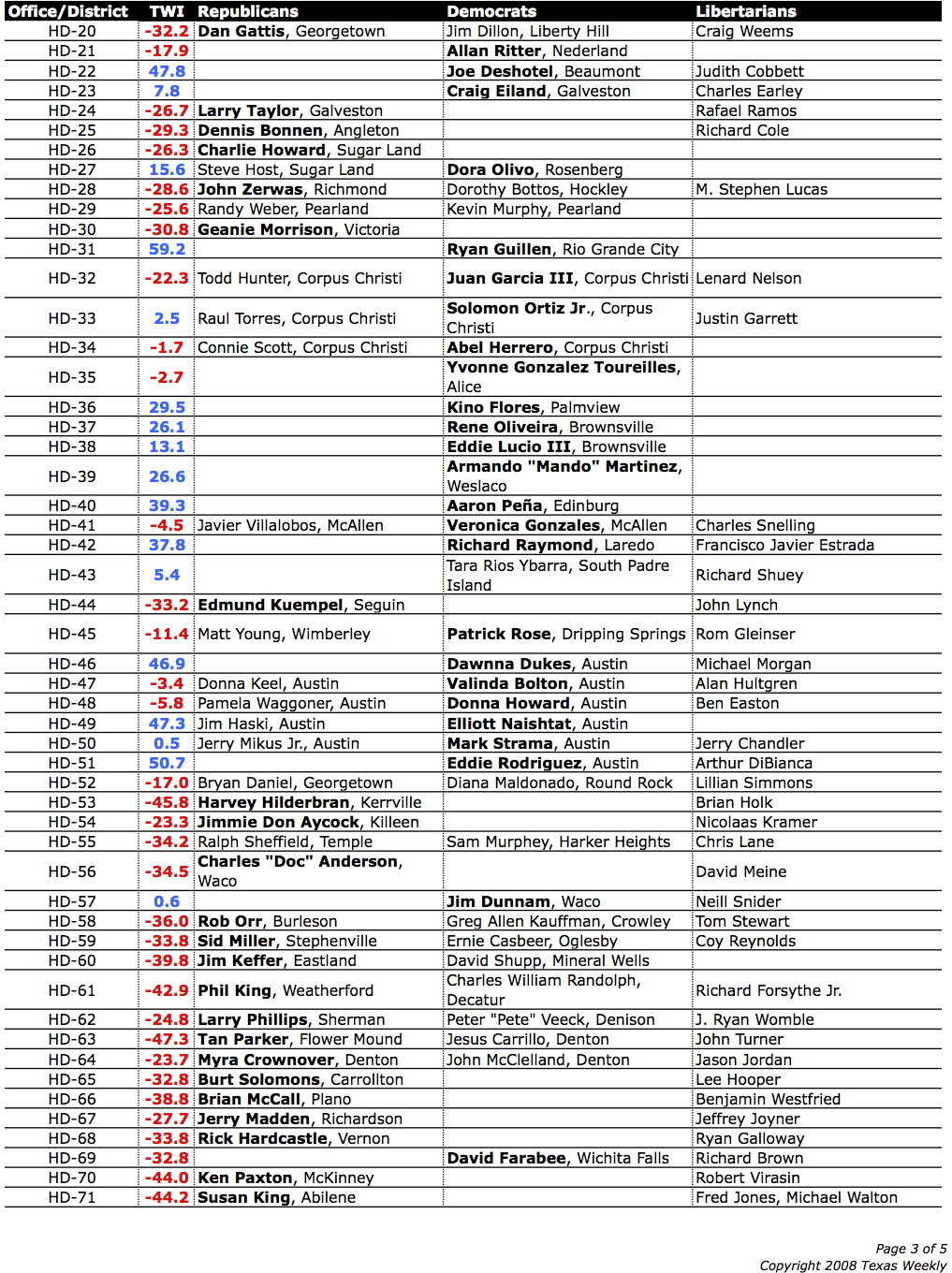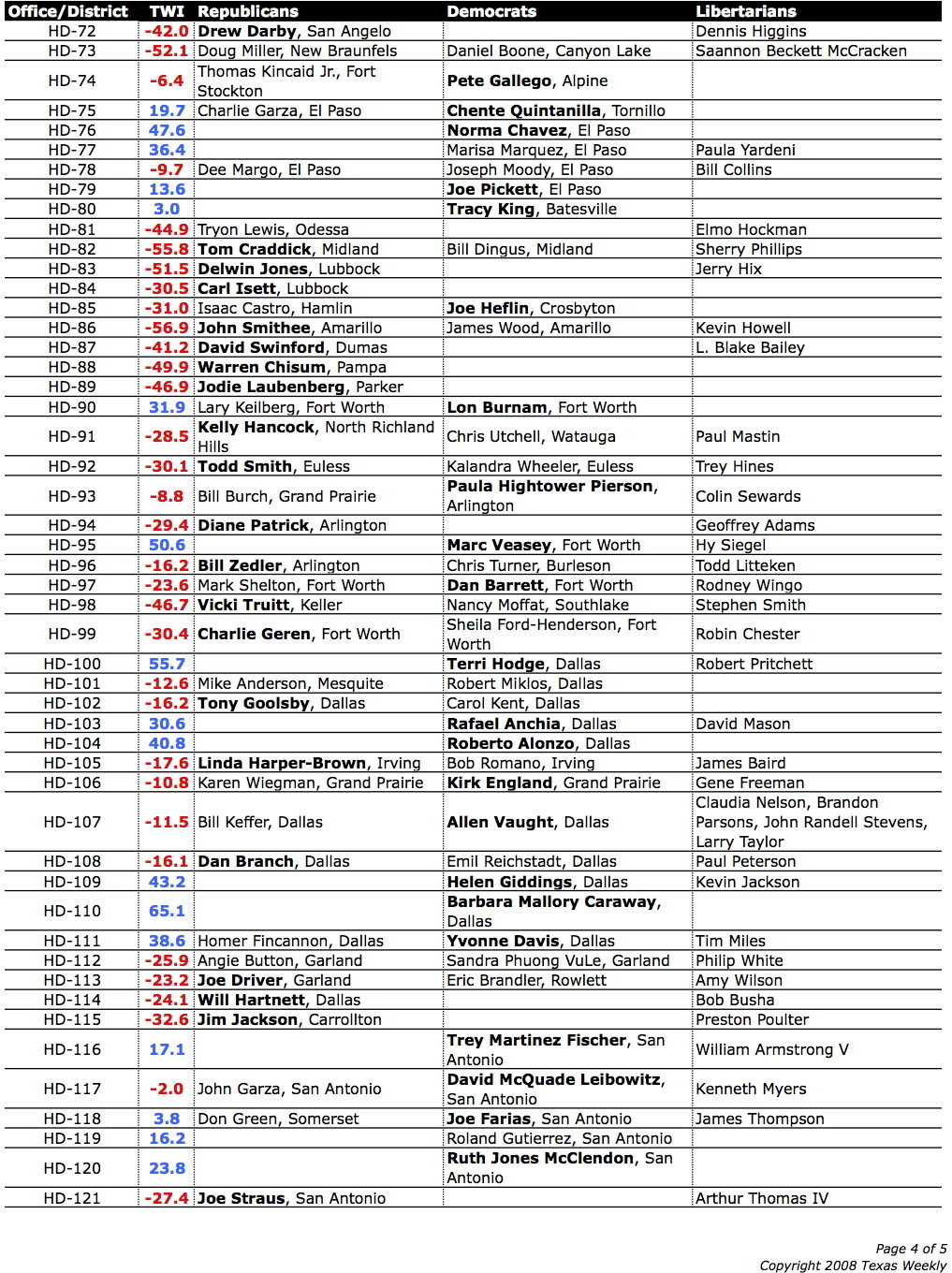Comptroller Susan Combs is putting off collection of the state's new business tax for a month, telling taxpayers they can miss the May 15 deadline by up to 30 days without a penalty.
That won her kudos from the National Federation of Independent Business, a trade group that has complained long and loud about the new tax and about the deadlines facing taxpayers.
The new margins tax was approved by the Legislature in special session two years ago, but isn't due until May 15. The forms taxpayers have to fill out for the new tax weren't ready until the end of March, though the comptroller's rules for the new levy were in place before that.
"We want to make sure businesses and tax practitioners have adequate time to make sure they're complying with the revised franchise tax," Combs said in a press release. "Because they're dealing with new calculations and enhanced technology for filing reports, the one month penalty waiver will help taxpayers accurately complete their returns in the first year of this brand new tax."
The delay shouldn't affect state revenue by much, officials say, since companies will still eventually pay what they would have had to pay in May. Lost interest will cost the state about $4 million, according to the comptroller, but her office contends the resulting accuracy will save money.
NFIB was delighted with the delay and full of praise for Combs, but they say their members are deeply unhappy with the new tax. "This new business tax is proving to be too much for many firms to calculate and — in some cases — too much to pay,"says Will Newton, who runs the national group's Texas office.
NFIB spokeswoman Laura Stromberg says the group is planning a protest on the day the new tax comes due and will be forming a coalition with others before then. "We'll be coming at the Legislature with this coalition. This isn't just about the forms — this is peoples' livelihoods," she said. "The Legislature had no idea what they were doing with this — it's pretty evident now."
And she predicted the taxpayers will get louder as they file and pay the new tax: "It's kind of like a hurricane. We can't tell you what the damage is until it hits."






